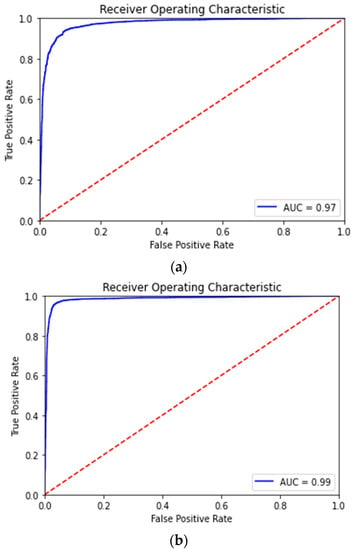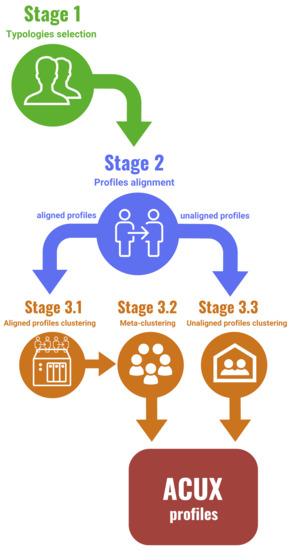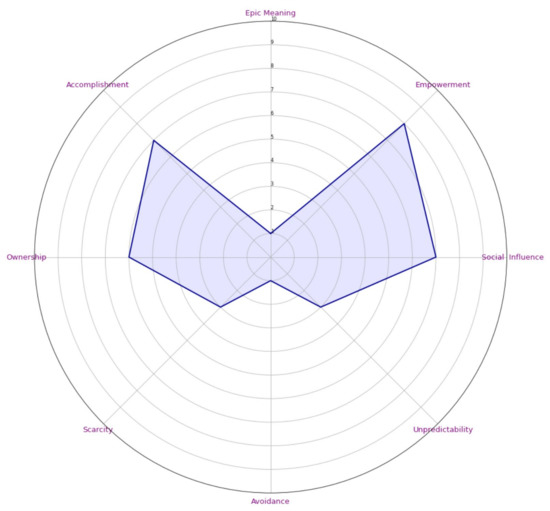Digital Systems for Tourism
A topical collection in Digital (ISSN 2673-6470).
Viewed by 16686Editors
Interests: information systems; recommender systems; semantic web technologies and applications; cultural informatics
Special Issues, Collections and Topics in MDPI journals
Interests: human–computer interaction issues (especially profiling, multilingual, multicultural issues); virtual reality; augmented reality and electronic games
Interests: cultural informatics; semantics; uncertainty
Special Issues, Collections and Topics in MDPI journals
Topical Collection Information
Dear Colleagues,
Digital systems are increasingly being used to support multiple stakeholders and tasks in the tourism sector, including the provision of tourist information and personalized planning to individual tourists and tourist groups, fostering the work of tourism-related enterprises, underpin tourism planning, and so forth. To this end, relevant digital systems employ novel or suitably adapted methods and algorithms and exploit multiple sources of data, such as tourist profiles, linked open data, and social media.
This Topical Collection aims to promote new methods, algorithm applications, and platforms related to the area of applying digital systems in the tourism sector. In this Topical Collection, all aspects of the area of digital systems in the tourism sector, from user tourist profiling to recommender systems for tourism and from social media analysis for tourism to concrete and novel tourist and platform applications. Submissions should describe original, significant, and unpublished work. Possible topics include but are not limited to:
- Recommender systems for tourism;
- Personalized experiences generation for tourism;
- Tourist profiling for personalization;
- Smart tourism applications;
- Social media analysis for tourism;
- Opinion mining for tourist enterprises and destinations;
- Virtual and augmented reality for the tourism sector;
- Analysis of big data for tourism;
- GIS technologies for tourism;
- Novel tourism applications;
- Case studies of real-world tourism platforms and applications;
- Cross-disciplinary approaches on digital systems for tourism;
- Linked open data for tourism;
- Digital systems in tourism planning
Prof. Dr. Costas Vassilakis
Prof. Dr. George Lepouras
Dr. Manolis Wallace
Collection Editors
Manuscript Submission Information
Manuscripts should be submitted online at www.mdpi.com by registering and logging in to this website. Once you are registered, click here to go to the submission form. Manuscripts can be submitted until the deadline. All submissions that pass pre-check are peer-reviewed. Accepted papers will be published continuously in the journal (as soon as accepted) and will be listed together on the collection website. Research articles, review articles as well as short communications are invited. For planned papers, a title and short abstract (about 100 words) can be sent to the Editorial Office for announcement on this website.
Submitted manuscripts should not have been published previously, nor be under consideration for publication elsewhere (except conference proceedings papers). All manuscripts are thoroughly refereed through a single-blind peer-review process. A guide for authors and other relevant information for submission of manuscripts is available on the Instructions for Authors page. Digital is an international peer-reviewed open access quarterly journal published by MDPI.
Please visit the Instructions for Authors page before submitting a manuscript. The Article Processing Charge (APC) for publication in this open access journal is 1000 CHF (Swiss Francs). Submitted papers should be well formatted and use good English. Authors may use MDPI's English editing service prior to publication or during author revisions.











